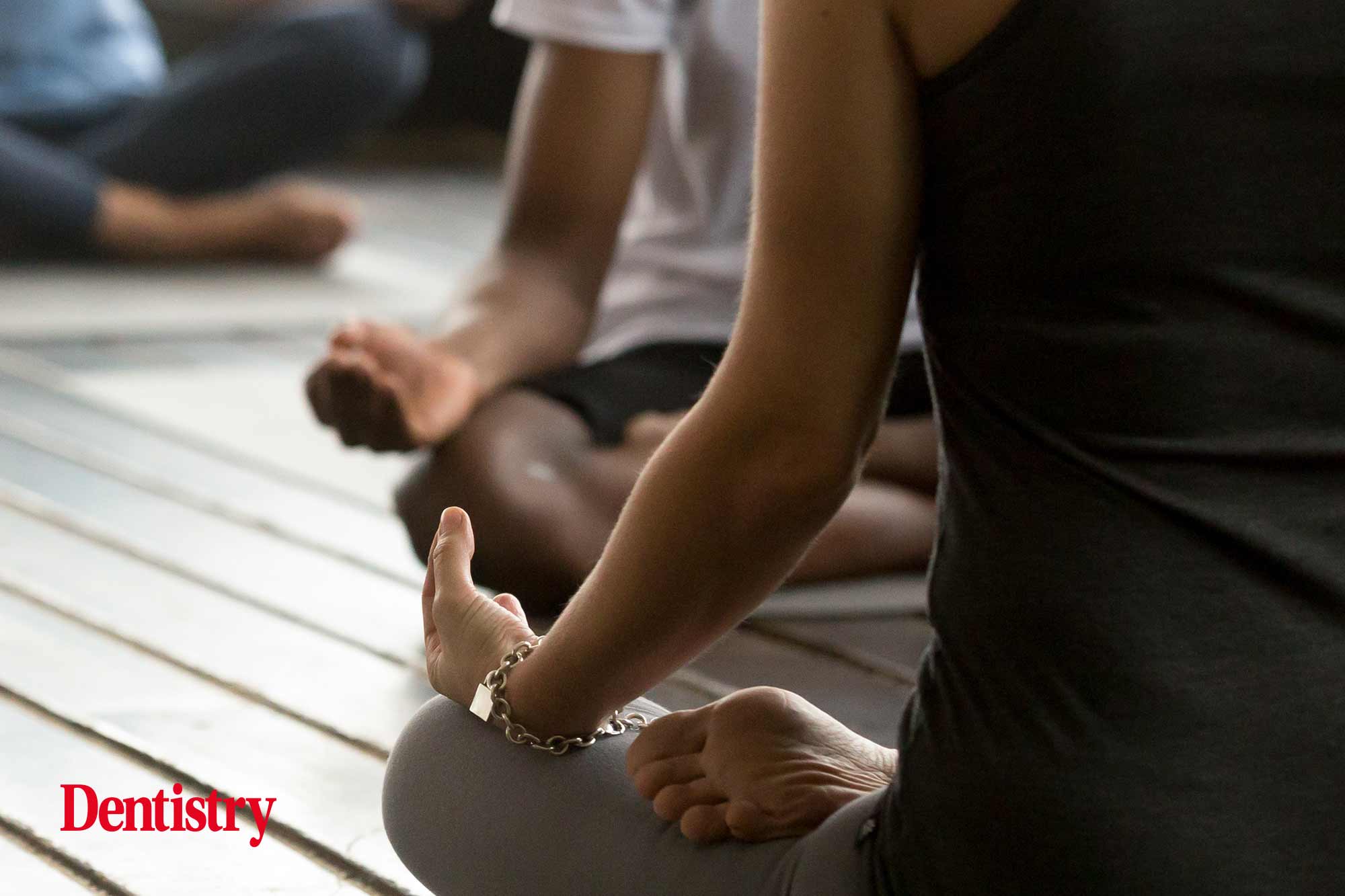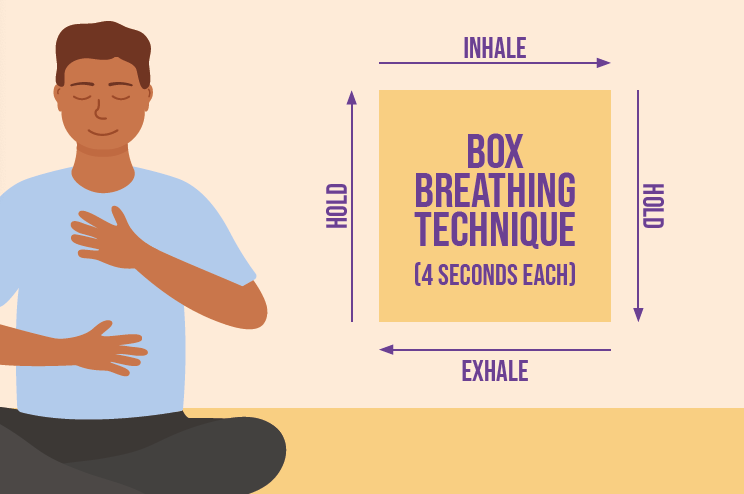
Prioritise your wellbeing: Maria Papavergos shares how to implement movement, a healthy diet and mindfulness into a busy practice life.
Working in the dental profession involves delivering high quality care to serve the public in a high pressure environment. The privilege of accomplishment and patient satisfaction can be juxtaposed with high stress and burnout.
What can we be doing to empower ourselves and our teams with wellbeing at work?
Take time to breathe
Breathwork is a powerful, accessible tool when it comes to managing stress. When facing a busy schedule, the temptation is to get the next patient in as quickly as possible. However, taking 30 seconds to breathe between patients can bring numerous benefits.
Breathwork (or pranayama) is a key element of yoga, and breathing practices can be used as an effective tool in stress management. The box breathing technique – breathe in for a count of four, hold for four, exhale for four, hold for four – is an easily implemented example.
Practising nasal breathing also confers several health benefits, including increased production of nitric oxide (a vasodilator), which supports cardiovascular and overall health.

Make time to move
Yoga encompasses controlled breathwork, meditation and physical movement, a combination which conveys health benefits that extend to both body and mind.
By building in a short stretching practice to your working day, you can feel better both physically and mentally. As dental professionals, our joints and spines are at particular risk, as our posture bends to suit our patients and we may find ourselves locked into awkward positions.
Chairside yoga or mindful movement before lunch or while the kettle boils can serve wonders for you and your team’s wellbeing. It is also an invaluable preventive strategy against back problems that can manifest widely among dental professionals.
The positive effects of yoga are well-cited, including reduced levels of circulating cortisol, the ‘stress hormone’, as well as reduced inflammatory markers. Yoga is a non-competitive, individual practice and is easy to implement into a busy schedule. Even if it’s for just five minutes, and no matter how flexible you are, I urge you to give it a try.
Fuel against fatigue
It is important to remember that what we eat influences how we feel and perform. If we eat to nourish, we can flourish – personally and professionally. Diet not only impacts physical wellbeing but emotional and mental wellbeing, too.
It is no coincidence that obesity and mental health disorders are linked. We can empower our working lives by building a culture of healthy choices. By taking the time to prepare a lunchbox at home, choosing nutrient-rich foods that provide energy without spiking blood sugar, we are likely to feel more energised and perform better as professionals.
Supplying the practice with healthy snacks such as nuts and fresh fruit, instead of cakes and biscuits, can help build a positive health culture and guide the team towards better wellbeing at work.
Hydration station
A bottle of water is your best friend. The bigger, the better.
Bring it with you into your surgery instead of a cup of tea or coffee. Sip between patients and encourage your team to do the same. You will feel better.
Embrace the outdoors
Feel the fresh air. Even better, move in it. Be it first thing in the morning, during your lunch break or after work at the end of the day. Being surrounded by nature brings bountiful benefits.
Starting your day in natural light, especially on your eyes, is essential to regulating your circadian rhythm and helps you feel awake for the day. It may just be stepping outside, but if you can incorporate a meditation or some movement, the stress reduction is measurable.
Evidence shows that connecting with nature promotes stress reduction and relaxation. Forest bathing has been associated with reduced levels of cortisol, and cold water swimming offers a whole host of health benefits, from supporting immune health to improving metabolism and mental health and wellbeing.
If starting your day with a cold water dip doesn’t appeal, then taking a lunchtime walk in a green space or cycling to and from work are strategies worth considering.
Take your vitamins!
It is one of the questions I always ask my patients: ‘Do you take vitamin D?’. But really, do you?
From October to April, in the UK, there is insufficient direct sunlight (UVB radiation) for our bodies to synthesise vitamin D (namely D3). There are several aspects of health that vitamin D impacts, including immune and bone health, but it also helps reduce stress and supports mood and mental wellbeing.
In combination with a healthy diet and active lifestyle, vitamin D levels help maintain better wellness for professionals and patients alike. There is no magic bullet for wellness, but implementation of several simple lifestyle strategies can help bring positive change to our physical and mental health at work and prevent professional burnout.
I hope these top tips inspire you to prioritise your wellbeing and value your health!
This article first appeared in Dentistry Scotland magazine. To receive a copy, sign up to Dentistry Club.


